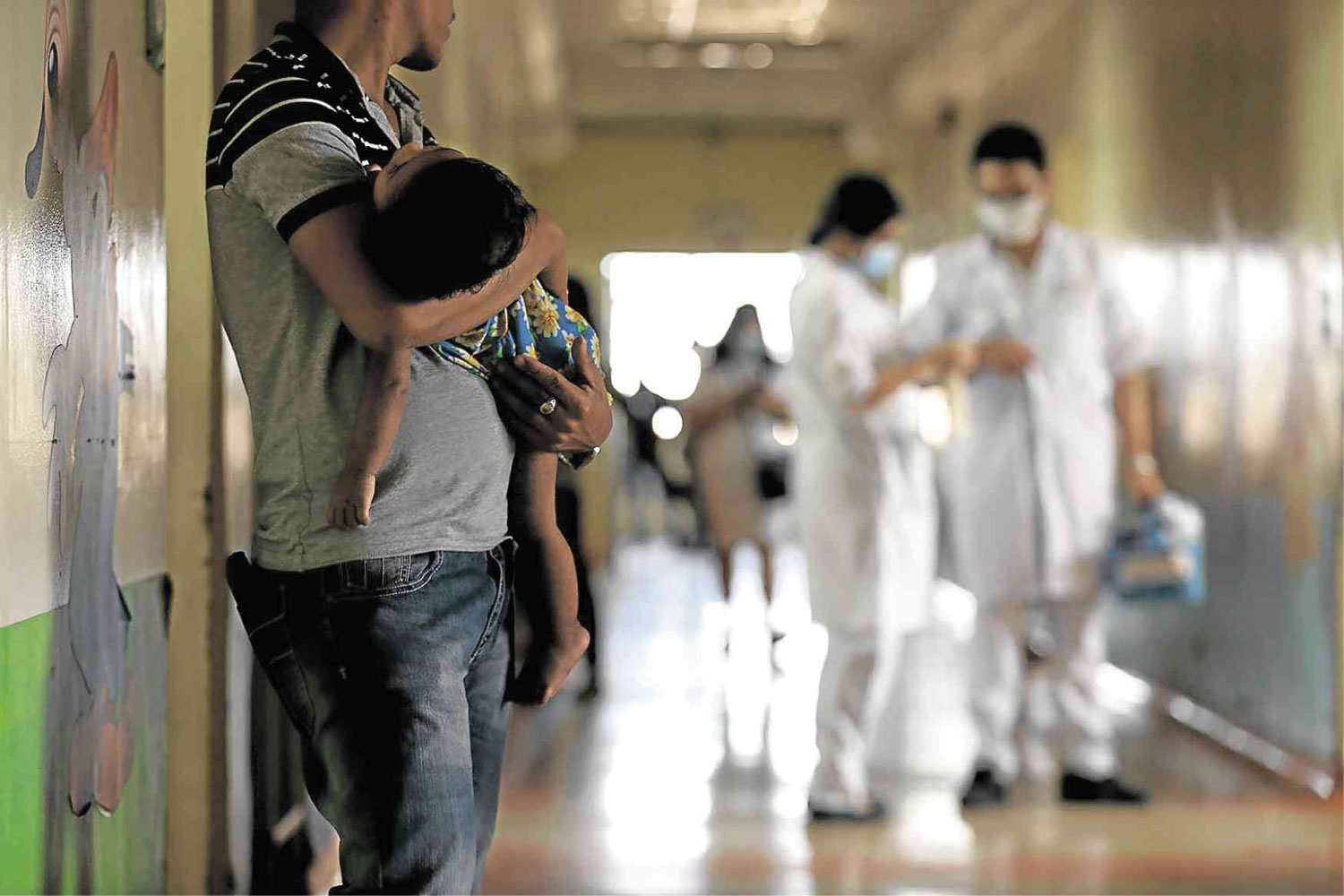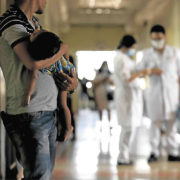
Amid the contagious measles outbreak in the Philippines, one million children aged 5 months to 6 years old will receive vaccines starting this weekend.
The mass measles immunization campaign will kick off on Saturday, February 16 through the Philippine Red Cross (PRC) after it held a dialogue with over 200 barangay leaders.
As of February 12, there were 4,302 children all over the Philippines aged 0 to 12 afflicted with the contagious disease.
The Department of Health Epidemiology Bureau reported a total of 87 deaths and 5,635 cases earlier this week across the country.
The National Disaster Risk Reduction and Management Council (NDRRMC) urged the public to have their children vaccinated to at least prevent the further proliferation of the highly contagious disease, according to The Manila Times.
An estimated 2.6 million children below 5 years are targeted to be vaccinated in 2019.
PRC Chairman and Senator Richard Gordon said that an additional one million doses of measles-rubella vaccine (MRV) are expected to arrive by the second week of March to augment existing supplies.
In a report from the Manila Bulletin, NDRRMC convened a meeting with its member agencies to address the outbreak. Among those who attended were representatives from the Department of Social Welfare and Development (DSWD), Department of Education (DepEd), Department of the Interior and Local Government (DILG), Department of Foreign Affairs (DFA) and Department of Transportation (DoTr).
The Commission on Higher Education (CHED) was also there along with the Philippine Coast Guard (PCG), Armed Forces of the Philippines (AFP), Philippine National Police (PNP), Bureau of Fire Protection (BFP), Philippine Health Insurance Corporation (PhilHealth), and Philippine Information Agency (PIA).
Gordon, as well as representatives from the World Health Organization (WHO) and the United Nations International Children’s Emergency Fund (UNICEF), also participated in the meeting.
The Department of Health (DOH) on Wednesday ordered all of its hospitals to open fast lanes for measles and to be able to control the increasing number of cases in as fast as two to three months by April or May.
“We don’t want to unduly raise expectations, then we cannot deliver, so I think the most prudent estimation would be about April or May – probably last week of April to about first few weeks of May,” Health Secretary Francisco Duque III said.
However, he noted the “rising trend” of measles will make it less possible to contain the outbreak earlier than the target period.
The measles virus can cause debilitating or fatal complications, including encephalitis (an infection that leads to swelling of the brain), severe diarrhea and dehydration, pneumonia, ear infections and permanent vision loss.
“We are looking for parameters that it is now under control, but for now, we are still seeing (an) uptrend. We cannot say that the trend is starting to reverse because it hasn’t,” Duque said.
The World Health Organization (WHO) said that the resurgence of measles is proving to be a global phenomenon that even first-world countries with high vaccination coverage have been affected.
WHO Director of Immunization, Vaccines and Biologicals Katherine O’Brien said that the case in the Philippines is “not an isolated problem.” The outbreak is occurring “in all regions” and is “protracted, sizable and growing,” she added.
“We’re backsliding on the progress that has been made. And we’re not backsliding because we don’t have the tools to prevent this. We do have the tools to prevent measles. We’re backsliding because of the failure to vaccinate,” O’Brien said.





